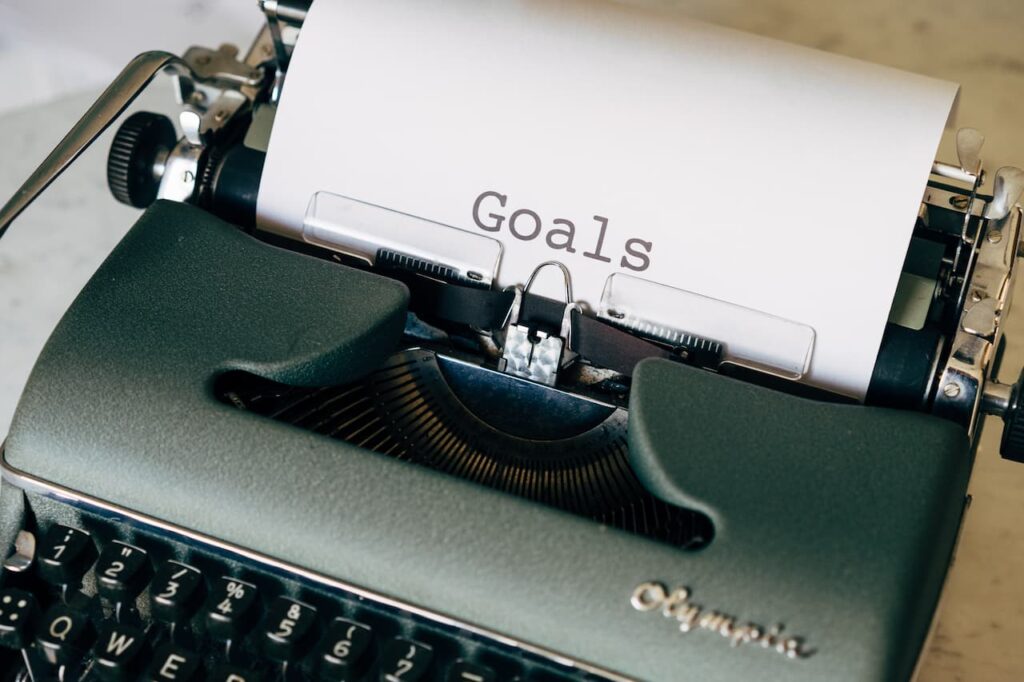
The 7 Habits of Effective People by Stephen Covey is a good book for those who want to improve their personal effectiveness, to achieve better results. It will be useful to read for people who have problems with self-management, who want to develop discipline and creative thinking. It teaches how to prioritize and how to improve existing skills. Let’s list the main tips given by the author.
Be proactive
The 7 habits of highly effective people include being proactive. Being proactive is a skill that helps in proper prioritisation. When it is present, a person does not succumb to impulsive reactions. Proactive people accept responsibility for their own destiny, do not shift it to external circumstances and those around them. For them the main thing is the result, they do not expect everything to work out by itself. Such people are well aware of how they can influence the outcome of a situation by making maximum efforts to achieve their goals.
A person who wants to lose weight is an example of this. They will try to predict in advance the circumstances that could prevent this from happening. Will think about what to do in case it rains, if he runs outside every day. Will favour low-calorie snacks, replacing fast food with them.
Set a goal before you start
In order to successfully overcome the intended path, you must first set a goal, then the motivation will appear immediately. Setting clear goals will allow you to take control of your life. It’s hard to set out ways to achieve what you want when you don’t have specific goals. Aspirations help you to prioritise, focus your attention and energy on the essentials and not get bogged down by the minutiae.

By being aware of your goals, you will become more deliberate in your approach to tasks and work on them as efficiently as possible. There are people who constantly talk about their dreams, but do nothing to achieve them. Clearly setting goals will allow you to notice the anchors that are holding you in place and eliminate them by starting to move forward.
Goals give you self-confidence and enthusiasm. It’s a good idea to keep a record of what you’ve achieved, and to chart your progress. It is important to evaluate your own successes, keep yourself motivated and look for motivation to achieve what you want.
Make a Personal Mission Statement so that you don’t lose your way. Goals should be set everywhere: both at work and in your personal life.
Do everything step by step
All actions should be step-by-step, don’t try to cover everything at once. Organise and implement the most important priorities. Live and be guided by the principles you value most.
If you have too many urgent things to do, it’s an indication that you don’t know how to plan your life.
Implement this habit, and a more balanced life will be available to you.

Think win/win.
Think win-win, with less emphasis on competition, prioritising cooperation. Win-win thinking benefits both parties. This technique is recommended to be used in both work environments and personal relationships. By taking the time to do what is good for both parties, one demonstrates respect and maturity. Qualities such as honesty and confidence come to the fore. This kind of thinking has a positive effect on character and improves relationships. Both parties must remain beneficiaries.
Seek first to understand and then to be understood.
Communication is at the heart of this habit. Most people listen in order to respond, not to understand. It is important to change this way of thinking, then the response will change. A great method for understanding others on a deeper level, improving relationships.
Synergy
Synergy involves teamwork. Covey in his book “7 Habits of Successful People” says that it is “not the same as compromise. In a compromise, one plus one equals at best one and a half.” People who experience synergy take the time to truly understand the other person’s differences. This understanding is then applied to feed off each other, to gain a new understanding of the situation.

In synergy, problems are solved through open-mindedness. According to Covey, to experience synergy, one must:
– to change one’s own mind;
– to see things differently;
– experience a change in attitude.
The outcome will be an idea or a better result from the endeavour. Synergy is particularly helpful when you find yourself in a difficult situation.
“Sharpen the saw.”
This last habit emphasises the most important thing – you. “Sharpening the saw” means wasting the time you need for self-renewal.
It’s important to take care of yourself without invoking a strong preoccupation. Neglecting this advice is fraught with burnout. A person who arrives in a bad state of mind limits themselves from personal growth and goal attainment.
Empowering the body and mind erases boundaries. To “sharpen the saw” one must eat right, carve out time for rest and exercise. Establishing social and meaningful connections with others is important. It is important to study, read, and spend leisure time in nature. To expand the ‘spiritual’, use meditation, pray and listen to music.
Planning and organisation should always be present in daily life. The 7 good habits can serve as inspiration, to help you focus on positive personal changes.